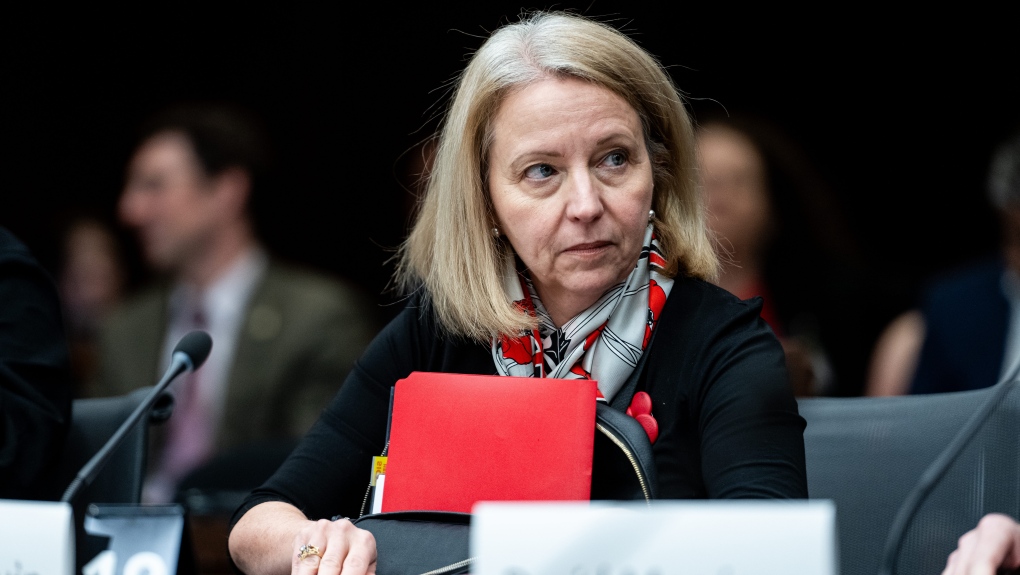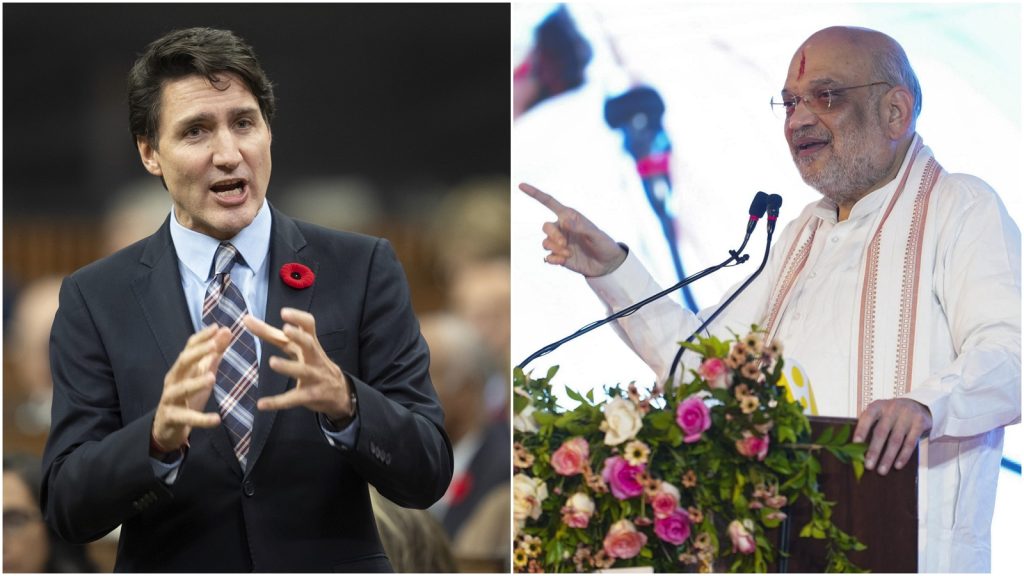The recent allegations from Canada against India’s Home Minister Amit Shah have raised fresh tensions in diplomatic relations, with the U.S. expressing concern and committing to ongoing discussions with Ottawa. U.S. State Department Spokesperson Matthew Miller noted that the allegations were “concerning,” reinforcing the U.S. position to closely consult with Canadian authorities on the matter. The controversy, which emerged from reports by The Washington Post, implicates Shah in efforts allegedly targeting Khalistani separatists in Canada, a claim directly relayed by Canada’s National Security and Intelligence Adviser Nathalie Drouin and Deputy Foreign Affairs Minister David Morrison.

This development follows a long-standing dispute ignited by Canadian Prime Minister Justin Trudeau’s 2023 statement alleging credible evidence that Indian agents were involved in the assassination of Canadian Sikh activist Hardeep Singh Nijjar in British Columbia. While Canada claims to have shared evidence with India, Indian officials have firmly denied these allegations, dismissing them as “absurd.”
The escalation has brought the U.S. into a delicate balancing act between its allies. The U.S. Justice Department recently filed charges against an Indian government employee in an alleged plot to assassinate a Sikh separatist leader in New York, highlighting that Canada is not alone in voicing concerns over India’s potential extraterritorial actions.
The diplomatic impasse, now drawing in more international players, signals complex challenges in Indo-Western relations, as countries weigh security concerns and the sovereignty of diaspora communities. While the Indian embassy in Ottawa has yet to comment on the allegations against Shah, the incident underscores an urgent need for transparent communication and a reassessment of security frameworks to address such sensitive accusations in a manner that respects national sovereignties and maintains international stability.




